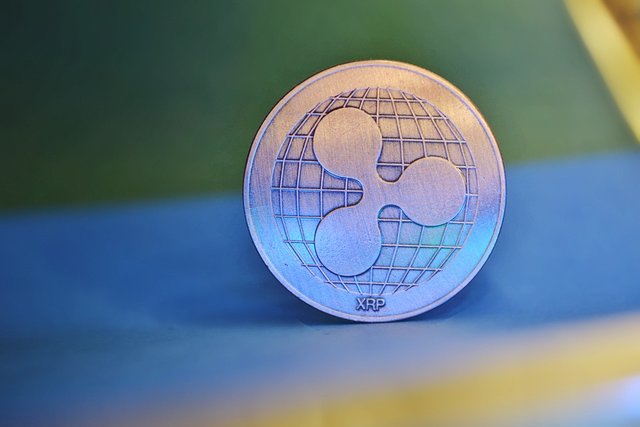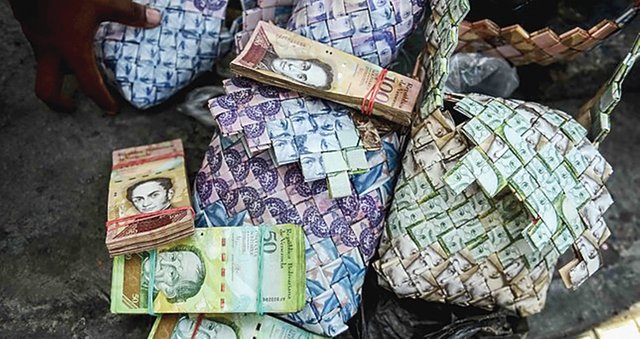
Some of the larger exchanges like Coinbase.com and Crypto.com have delisted or suspended the trading of XRP due to a lawsuit by the US security and exchange commission. I am not writing to just repeat the news, so If you want to read the news you can go to places like this:
The purpose of this article is to drive a broader discussion about what it means to be a currency and what it means to be a security. This article will open the door for the deeper question of whether a currency or platform is truly decentralized or not. This article will lay the foundation for a discussion of the legal, economic, and social implications of being truly decentralized and not being truly decentralized. First, we start with the case of Ripple.
The security and exchange commission has filed a lawsuit against Ripple Labs who is the developer of Ripple (XRP). The SEC lawsuit alleges that Ripple is a security and not a currency. When this case gets litigated or if this case gets argued in some kind of arbitration hearing one of the key questions is whether Ripple is a security or a currency.
A currency has the following characteristics:
Money is a medium of exchange- This means that it is broadly exchangeable for other goods and services in the economy. For example, if money is a medium then you will work for money and then exchange it for food. You don't work directly for food. You don't let somebody borrow your car in exchange for dental services. You do not do somebody's taxes in exchange for beer. All of these good and services are exchange via money as their medium.
A currency is a unit of account- This comes from accounting. Money is a common unit of measure by which you value everything. A car is worth $20,000 dollars. You would not say a car is worth 20,000 bottles of hand sanitizer or a car is worth 4,000 cheeseburgers.
A currency is a store of wealth- In the early America's some indigenous tribes would use smoked salmon as a form of currency. The problem with smoke salmon is that it does not last that long. At some point you would stop accepting smoked as payment because you could not eat it all and you would not be able to trade it all away before the salmon spoiled. These commodity currencies only work as a currency in small scales. You would never see massive amounts of wealth inequality in a society like this because once a person's salmon got close to spoiling they would probably start to give it all away or exchange at significantly reduced values.
Currencies that are too volatile also don't work well as currencies. You see this in economies with hyper inflation. These currencies are often no longer used as currency:
Most economic text will use those three characteristics to determine if something qualifies as money.
What is a stock, equity, or security?
A stock or a security is a share of ownership over some entity. Typically, the value of your equity is equal to the asset - liabilities of the entity. This comes from the basic account equation of:
Owners Equity = Asset - Liability
Although there is certainly speculative value or expected value that can lead people to pay a premium or discount on a share.
A share also typically gives the owner one vote per share in the company held elections. However, there are also non voting shares. From here you can see that shares can be split into economics and politics or governance over the organization. Does the share allow you to collect dividends, make capital gains, and vote or do they only allow you to share in the economic gains?
Is Ripple a currency or a security?
Based on the definition laid out in economic text most of the cryptos out there do not qualify as currencies. They have very narrow exchange value sort of like a gift card that is only accepted at one single department store. Many currencies do qualify as equities as they do allow you to sell off the tokens in order to earn capital gains. Some of the tokens give dividends through staking, but staking could also be treated as interest earned on a currency so that aspect is under debate when it comes to using it as a criteria for categorizing something as a security or a currency.
I would now like to open this to the community for debate. I have the following questions that I think will be great for discussion:
Based on the definition of a currency is Bitcoin (BTC) a currency? What about Ethereum? What about Ripple (XRP)?
Can XRP holders vote? If so how?
How would you distinguish between Ripple the developer vs Ripple the blockchain? Can the developers create new currency or is all of the currency "pre-mined"?
If it is "premined" who controls the release into the public of premined tokens? Is this controlled by an algorithm, vote, or miners.
Can tokens be burned? By who?
What does mining look like? Can everybody mine (decentralized) or does the technology or governance limit mining to a more centralized few who are "trusted" or have powerful technology like ASIC miners?
In the case that you think of Ripple as a security, then the question becomes who can issue new shares and how?
Please share your thoughts in the comments. If you like this article upvote and resteem it please. Your votes and resteems are a way of me knowing that this content is valued and if I should continue to write more of it. Please stay tuned for follow up articles.
